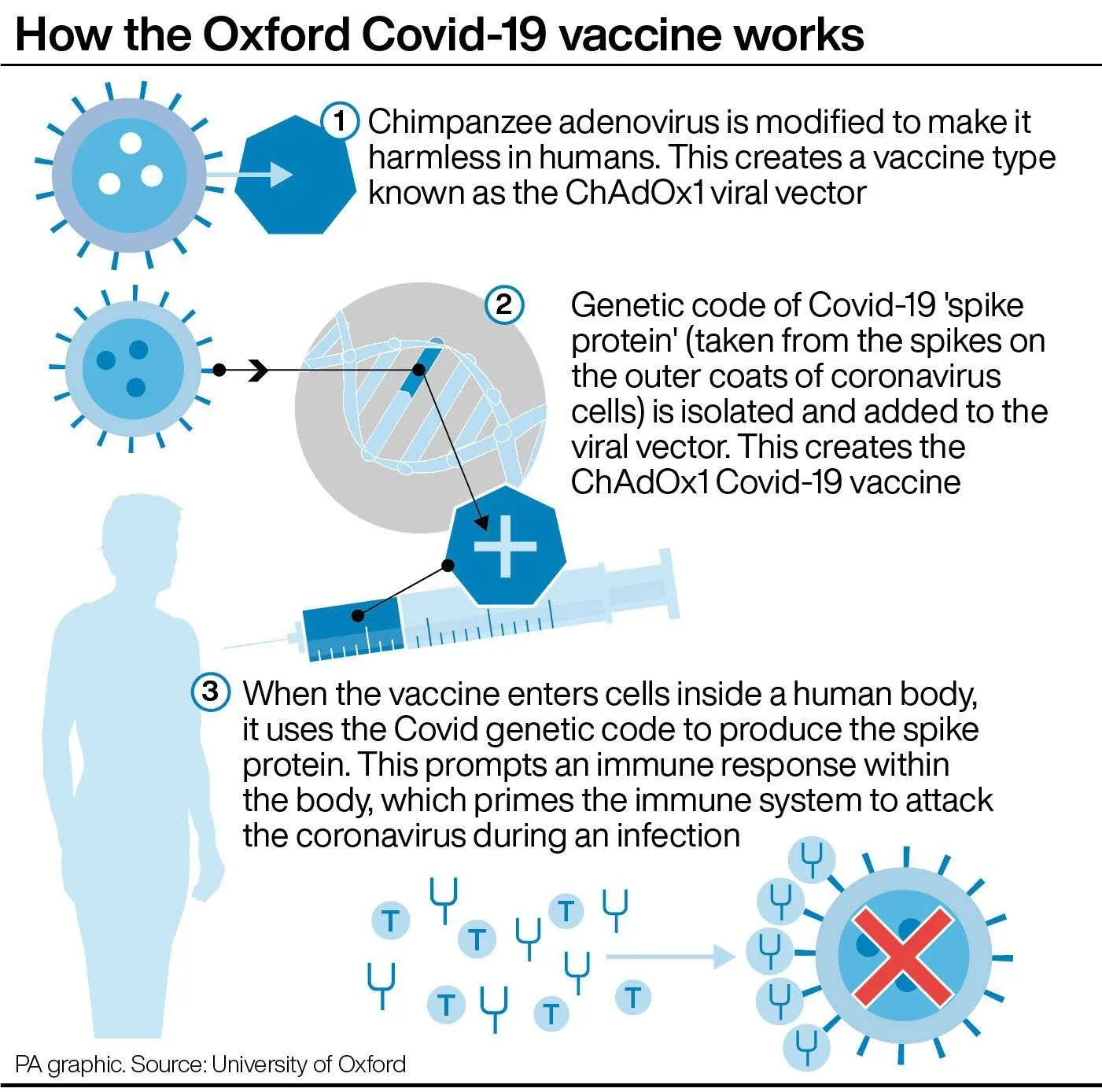Unveiling the Latest COVID-19 Vaccines: What You Need to Know Now!
As the world continues to navigate the complexities of the COVID-19 pandemic, the development and distribution of COVID-19 vaccines remain at the forefront of public health efforts. With new variants emerging and vaccination trends evolving, it is crucial for the public to stay informed about the latest updates regarding vaccines. This article aims to provide a comprehensive overview of the current landscape of COVID-19 vaccines, including the types available, updated recommendations, and the importance of vaccination in safeguarding public health.
What Are the Types of COVID-19 Vaccines?
In the United States, there are currently three main types of COVID-19 vaccines available:
- mRNA Vaccines: These include the Pfizer-BioNTech and Moderna vaccines. They work by instructing cells to produce a harmless piece of the virus, which triggers an immune response.
- Protein Subunit Vaccines: The Novavax vaccine falls into this category, containing harmless pieces of the virus itself to stimulate immunity.
- Vector Vaccines: The Johnson & Johnson vaccine uses a different virus as a vector to deliver instructions to cells to produce a piece of the COVID-19 virus.
Each type of vaccine has been designed to effectively combat the virus, contributing to the overall public health response.
What’s New for the 2024-25 Vaccines?
As the virus continues to evolve, so too do the vaccines. The updated vaccines for the 2024-25 season have been specifically tailored to enhance protection against newer variants. The Pfizer-BioNTech and Moderna vaccines now target the KP.2 strain, while Novavax focuses on the JN.1 variant. These updates reflect ongoing changes in the virus and aim to improve vaccine effectiveness, ensuring that the public remains protected against the most prevalent strains.
Who Should Get Vaccinated?
The CDC recommends that everyone aged 5 and older receive one shot of the updated vaccine. For children aged 6 months to 4 years, more than one dose may be necessary. Additionally, individuals who are immunocompromised may require additional doses to ensure adequate protection. This broad recommendation underscores the importance of widespread vaccine uptake to achieve community immunity.
How Effective Are the Vaccines?
COVID-19 vaccines have proven to be highly effective at preventing severe illness, hospitalization, and death. While breakthrough infections can occur, vaccinated individuals typically experience milder symptoms compared to their unvaccinated counterparts. This effectiveness is crucial in reducing the burden on healthcare systems and protecting vulnerable populations.
What Are the Common Side Effects?
As with any vaccine, there are potential side effects associated with COVID-19 vaccines. Common reactions include:
- Soreness at the injection site
- Fatigue
- Headache
- Body aches
- Fever
These side effects are normal indicators that the body is building protection against the virus. It is essential for individuals to be aware of these reactions and understand that they are a sign of the immune system responding appropriately.
When Is the Best Time to Get Vaccinated?
Experts recommend getting vaccinated in the fall, just before the respiratory virus season peaks. COVID-19 tends to be more active during this time, making it crucial for individuals to be protected ahead of the surge in cases. By aligning vaccination timing with seasonal trends, public health officials aim to maximize the effectiveness of the vaccines.
What About Pregnant Individuals?
COVID-19 vaccines are deemed safe for people who are pregnant or breastfeeding. Vaccination is particularly important for this group, as pregnant individuals are at a higher risk for severe illness from COVID-19. The CDC encourages pregnant individuals to discuss vaccination with their healthcare providers to make informed decisions about their health and the health of their babies.
Are Booster Shots Required?
For the 2024-25 season, the updated vaccine is designed as a single shot for most people, with no booster required this year. This marks a significant shift in the approach to COVID-19 vaccination, treating it similarly to seasonal flu vaccinations. This change reflects ongoing research and understanding of the virus, as well as the need for a streamlined vaccination process.
How Are Vaccines Monitored for Safety?
All vaccines undergo rigorous clinical trials involving tens of thousands of participants to ensure safety and effectiveness before receiving FDA approval or emergency use authorization. The CDC continuously monitors vaccine safety and effectiveness, tracking any rare adverse events post-vaccination to ensure public health safety. This ongoing vigilance is vital in maintaining public trust in the vaccination process.
Conclusion
As we move forward in the fight against COVID-19, staying informed about the latest updated vaccine recommendations and vaccination trends is essential. The ongoing development of COVID-19 vaccines reflects a robust public health response aimed at protecting individuals and communities. By understanding the types of vaccines available, their effectiveness, and the importance of vaccination, we can all play a part in safeguarding our health and the health of those around us.
In this ever-evolving






Leave a Comment